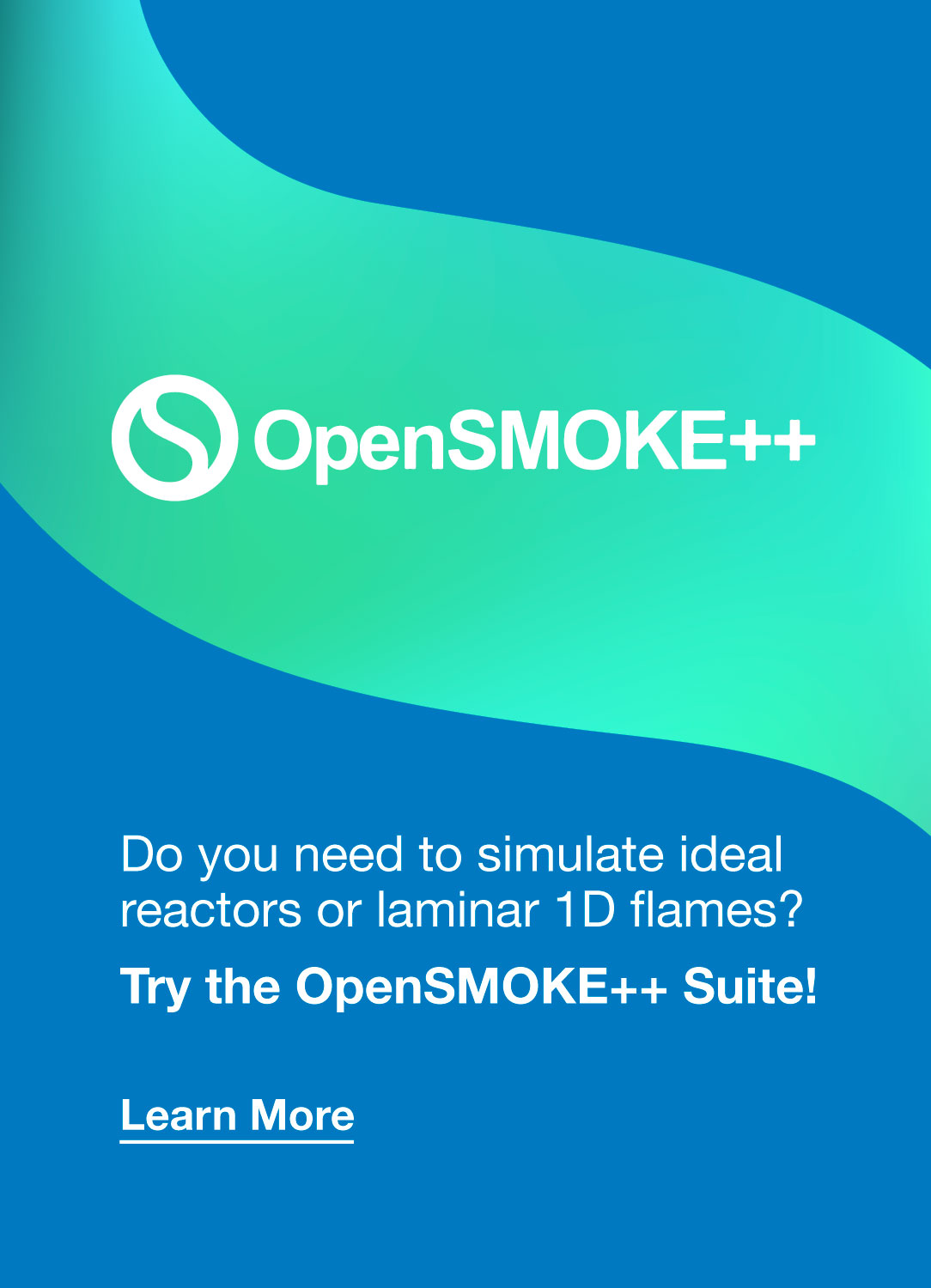NOx/e-fuels interactions
- Homepage
- WORK WITH US
- Master Thesis
- NOx/e-fuels interactions
Theoretical investigation of relevant NOx/E-Fuels interactions
Context and Objectives
E-fuels (NH3, DME, alcohols, etc.) are fuels produced by exploiting renewable resources (solar, wind, biomass, etc.) as a primary source of energy, also allowing to store any excess electrical power produced in chemical energy, i.e. in the form of liquid or gaseous fuels. Although the use of such fuels is carbon neutral, the risks and challenges associated with the emission of pollutants and greenhouse gases (e.g. NOx, particulate matter) remain. In addition to these potential new fuels, engine technologies are rapidly evolving towards higher compression ratios and greater use of abatement techniques such as exhaust gas recycling, which, by reducing the temperature of the combustion chamber through dilution, results in more efficient (high compression ratio) and cleaner combustion. It is known from the literature that presenting NOx in the combustion chamber slows down the reactivity at low temperatures (T<1000 K) and accelerates the reactivity at high temperatures (T>1000 K), with significant impact on engine performance. This thesis aims at the fundamental understanding of the interaction reactions between NOx present in exhaust gases and e-fuels of different nature.
Methods and Tools
Determination of kinetic constants by quantum theoretical methods (transition state theory) and derivation of reaction rules for different classes of interaction.
Contacts



